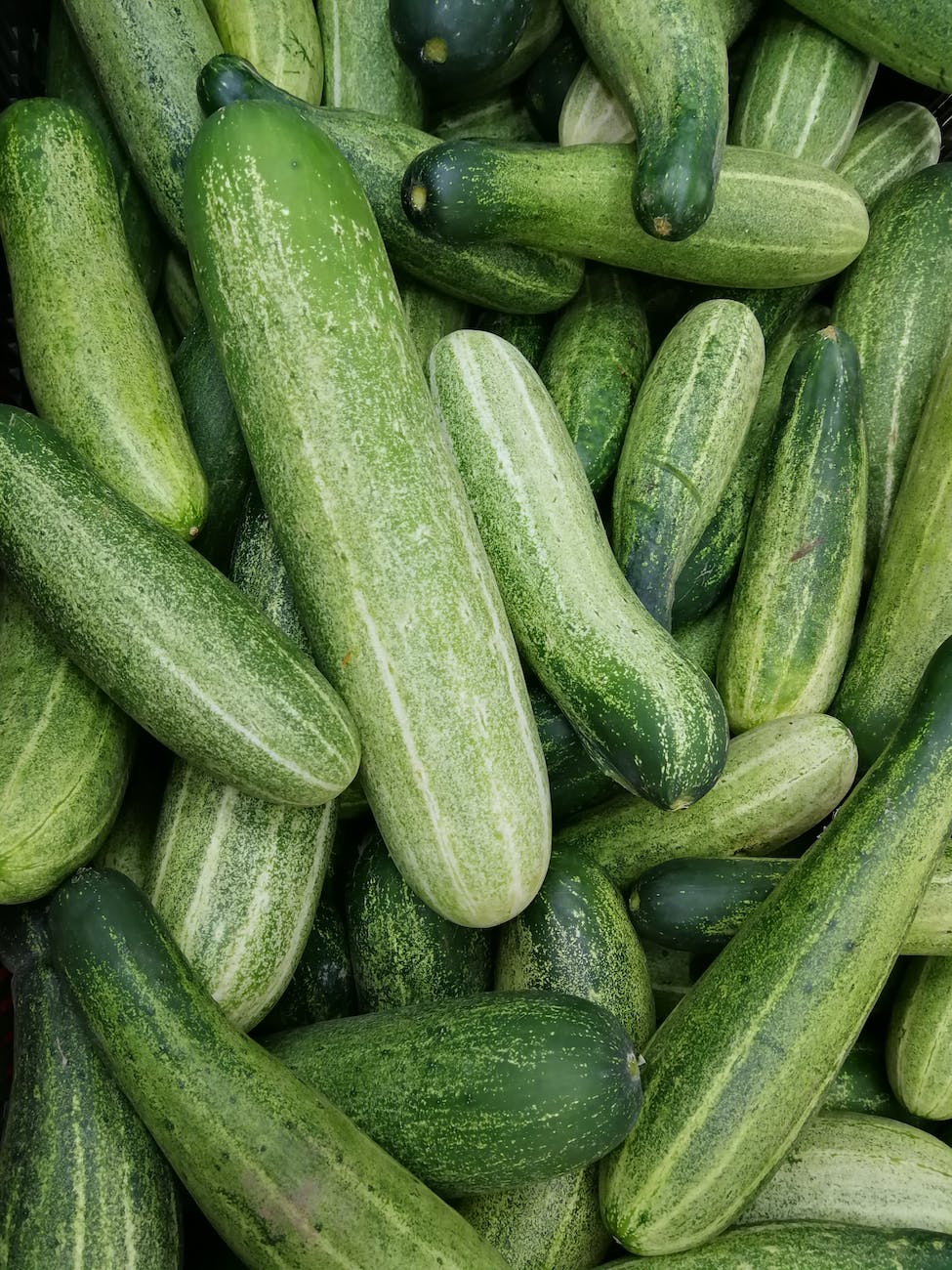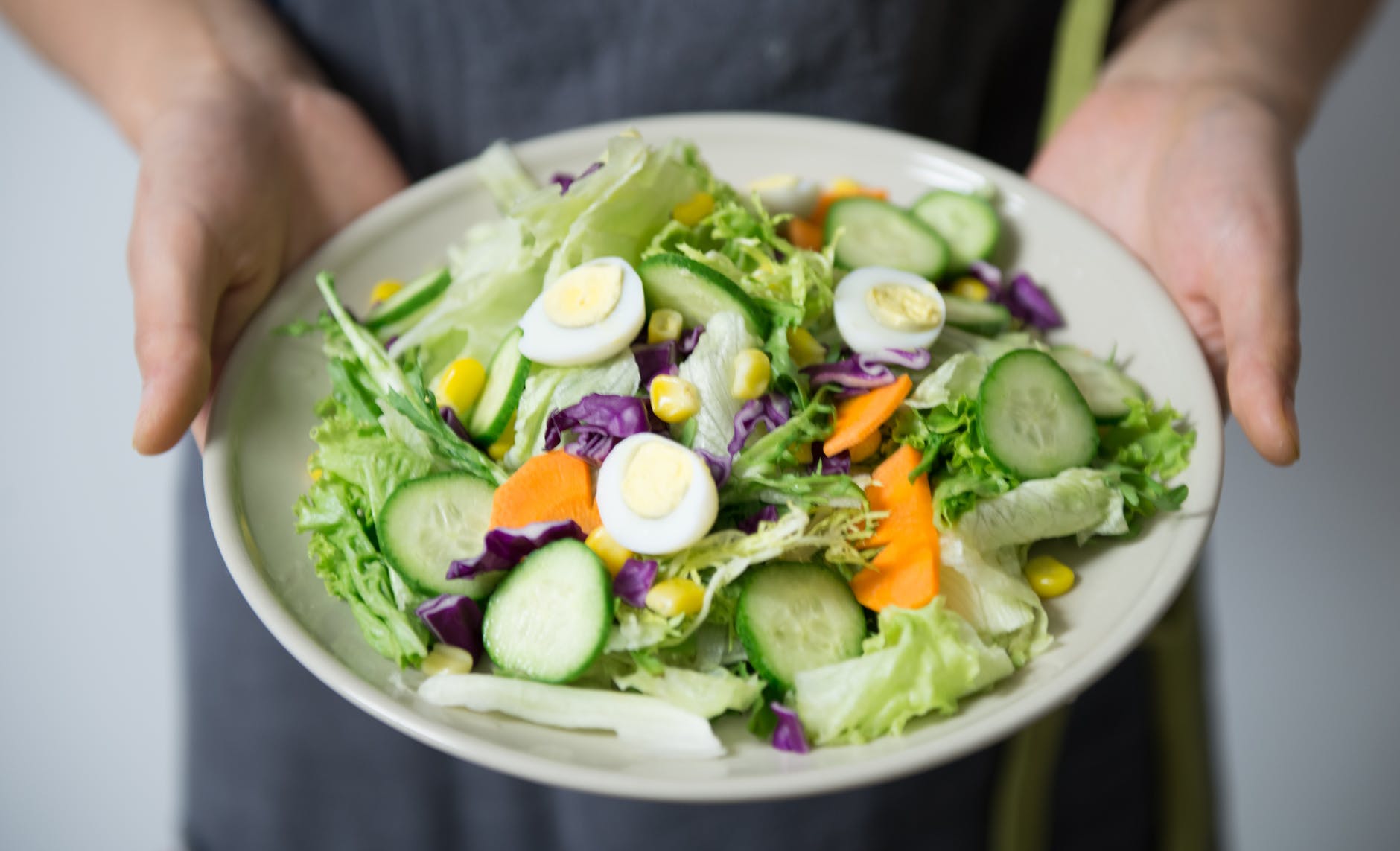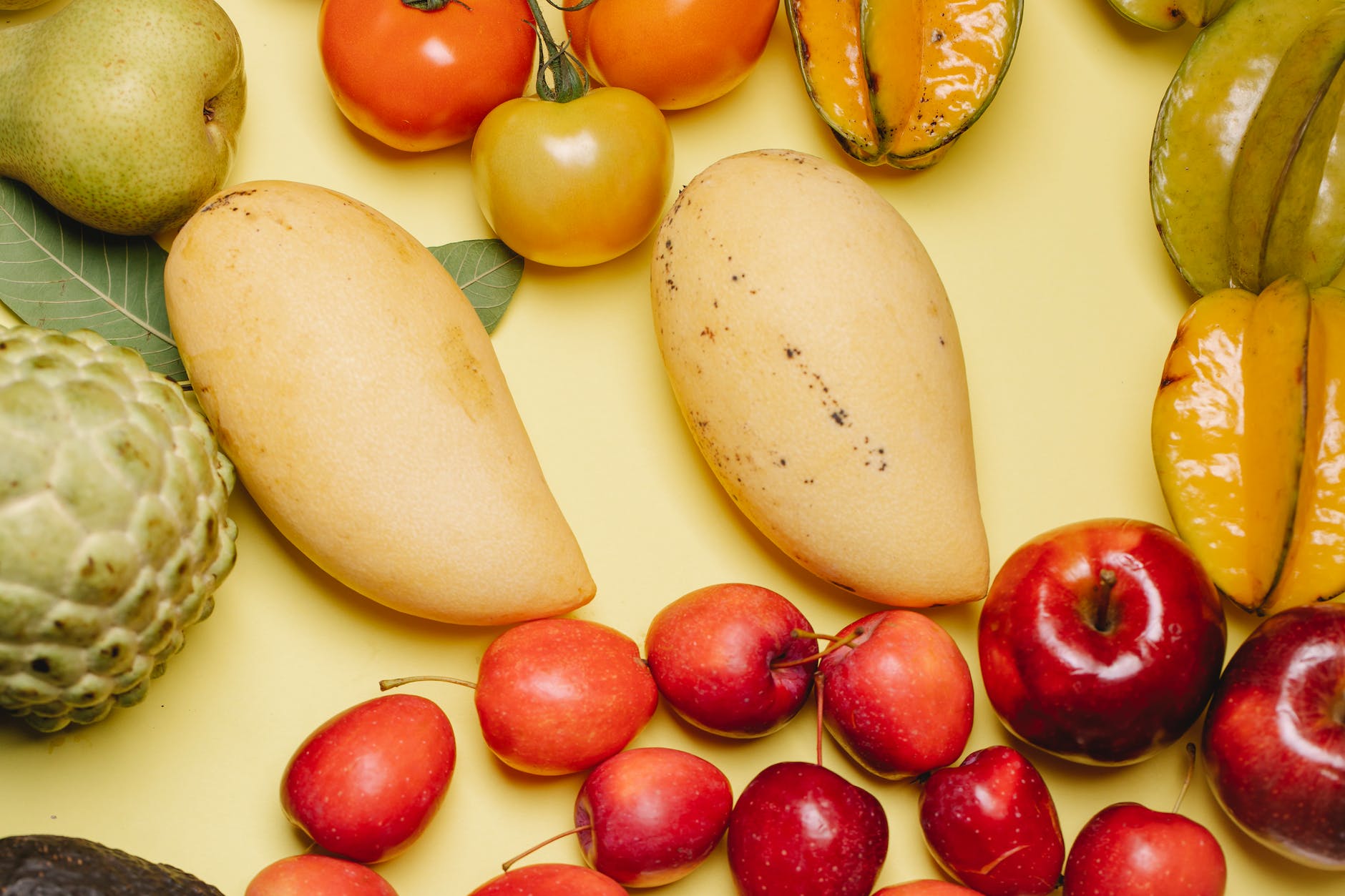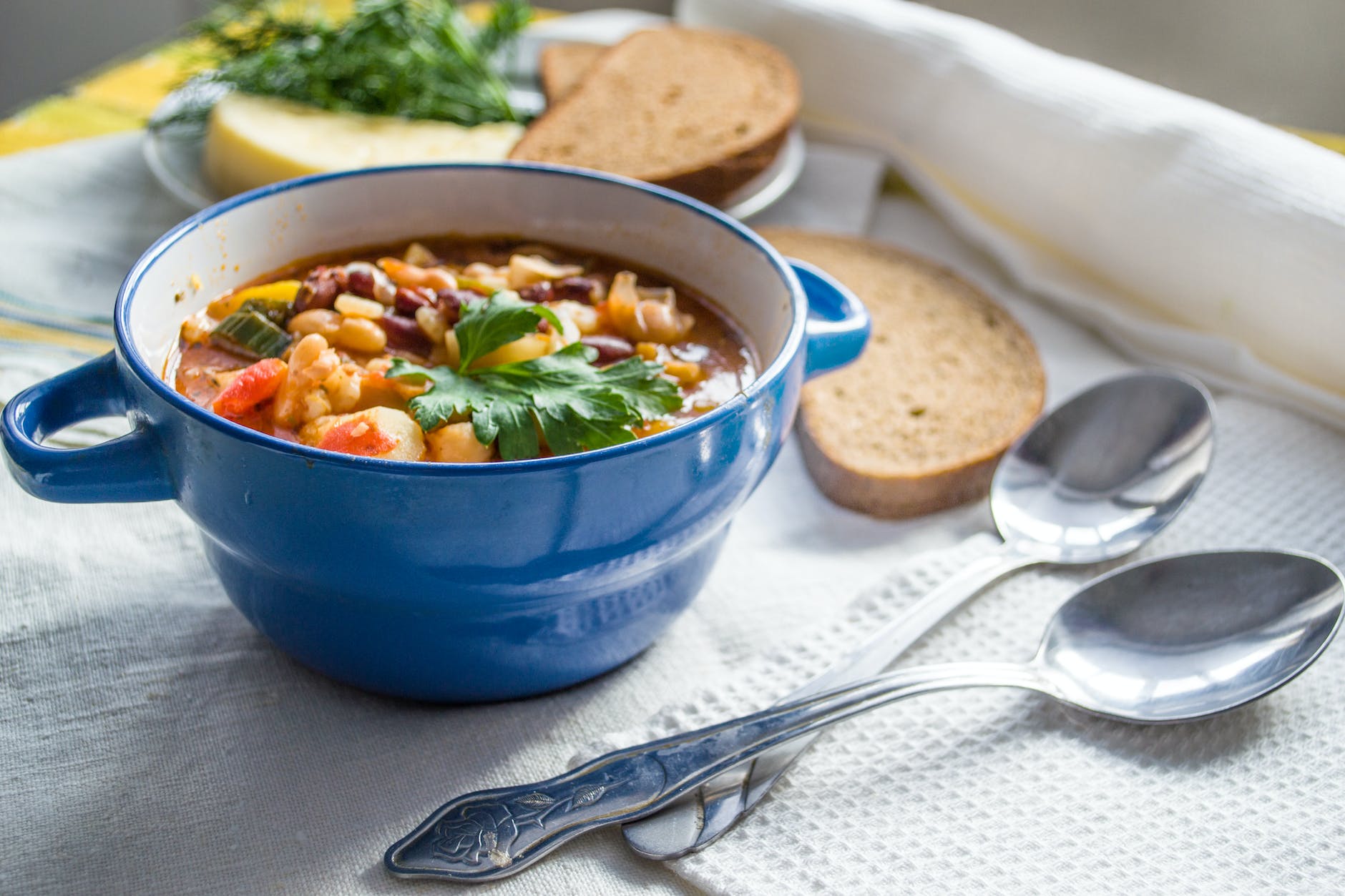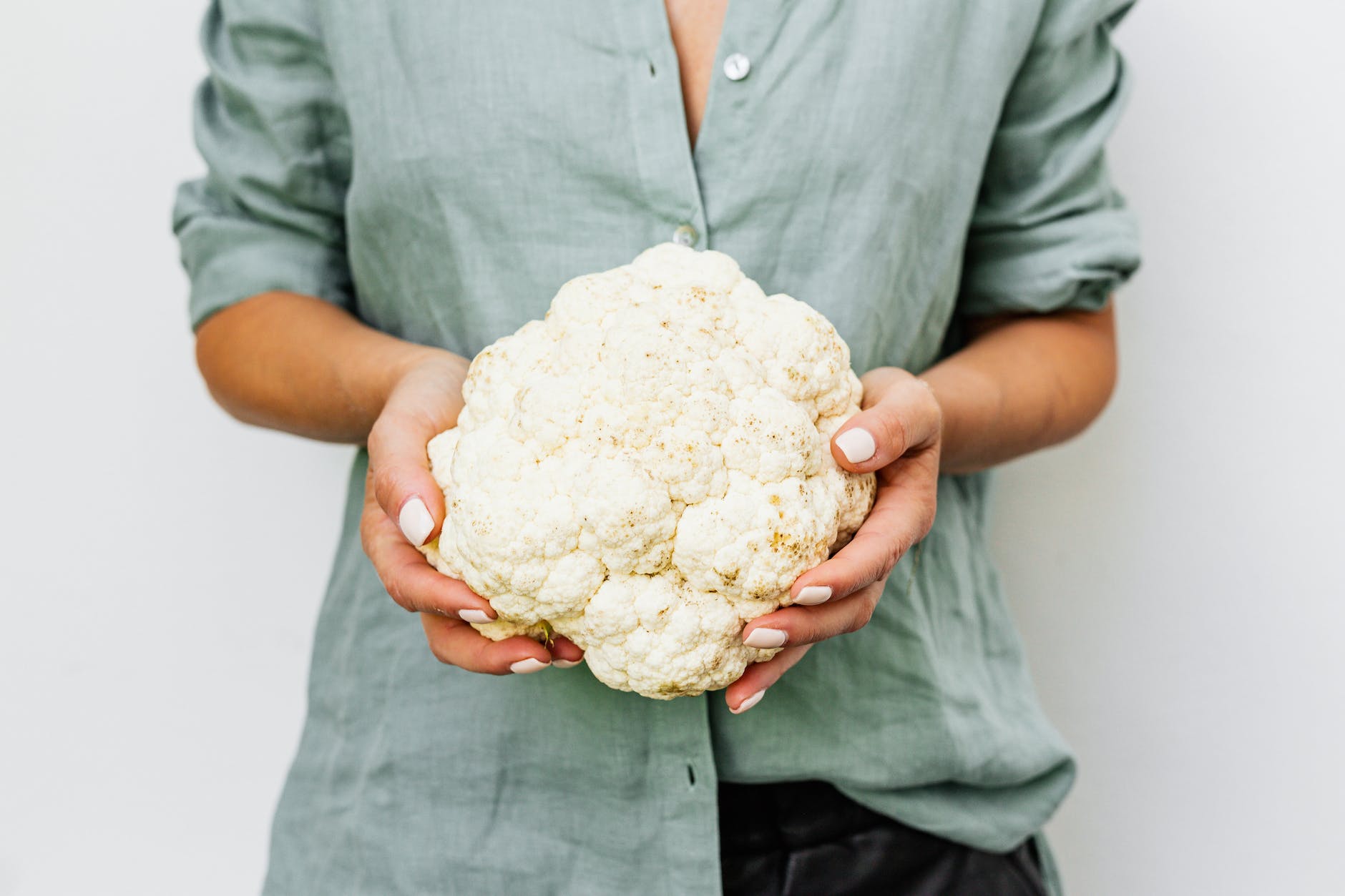
Aloo Gobi, a popular Indian dish made with cauliflower (gobi) and potatoes (aloo), is a delight to the senses with its vibrant colors, tantalizing aromas, and rich, spicy flavors. Its simplicity and the accessibility of its ingredients make it a common household dish in India and an excellent introduction to Indian cuisine for cooking enthusiasts worldwide.
This delicious vegetable curry, cooked Punjabi style, makes a great vegetarian main or a side dish to accompany your favorite meat curry. It can be prepared dry or as masala with a bit of gravy. It is also very adaptable to other vegetables, and peas (matar) can be added to create Aloo Gobi Matar.
The Recipe: Easy Aloo Gobi
Ingredients:
- 1 medium cauliflower (cut into florets)
- 2 medium potatoes (peeled and cubed)
- 1 cup green peas (optional)
- 3 tbsp vegetable oil
- 1 tsp cumin seeds
- 1 onion (finely chopped)
- 2 green chillies (slit lengthwise)
- 1 tsp ginger-garlic paste
- 2 tomatoes (finely chopped)
- 1/2 tsp turmeric powder
- 1 tsp red chilli powder
- 2 tsp coriander powder
- Salt to taste
- Fresh coriander leaves (for garnish)
Instructions:
- Prepare the Vegetables: Wash the cauliflower florets and cubed potatoes thoroughly. If you’re using peas, ensure they are fresh or fully thawed if frozen.
- Cook the Aloo and Gobi: Heat oil in a pan. Add the cumin seeds, and when they start to splutter, add the potatoes. Cook until they are half done. Now add the cauliflower florets and cook until both are tender and slightly golden brown.
- Prepare the Masala: In a separate pan, heat some oil. Add the finely chopped onions and green chillies, sauté until the onions turn golden brown. Now add the ginger-garlic paste and sauté for another minute. Add the finely chopped tomatoes and cook until they are soft and mushy.
- Add the Spices: Now add the turmeric, red chilli, and coriander powder to the onion-tomato mixture. Stir well and cook until the raw smell of the spices goes away.
- Combine Everything: Now add the cooked potatoes and cauliflower to this masala. Mix everything well, so the vegetables are well coated with the masala. Cook for a few more minutes. If using peas, add them now.
- Garnish and Serve: Finish by seasoning with salt and garnishing with fresh coriander leaves. Serve your Aloo Gobi hot with rotis or rice.
Variations:
- Aloo Gobi Matar: Add a cup of peas when you add the cooked potatoes and cauliflower to the masala. This variation adds an extra dimension to the dish and is perfect for when you want to up your vegetable intake.
- Gobi Masala: Omit the potatoes and double the amount of cauliflower for a different take on the traditional recipe.
- Aloo Gobi with Paneer: Add cubes of paneer (Indian cottage cheese) towards the end for a protein boost. This variation transforms the dish into a wholesome main meal.
- Gobi Curry: Increase the amount of tomatoes and add some water after adding the spices to create a delicious cauliflower curry with more gravy.
This easy-to-follow Aloo Gobi recipe is the perfect starting point for creating an Indian feast at home. Remember, the best thing about cooking is making a recipe your own, so feel free to experiment and enjoy the process. Happy cooking!
Blog Tags: Aloo Gobi, Indian Cuisine, Vegetarian Recipes, Indian Recipes, Easy Recipes, Cauliflower Recipes, Potato Recipes, Curry Recipes, Home Cooking, Spices, Vegetables, Healthy Eating, Vegan Recipes, Comfort Food, Dinner Ideas, Meal Prep, Cooking at Home, World Cuisine

